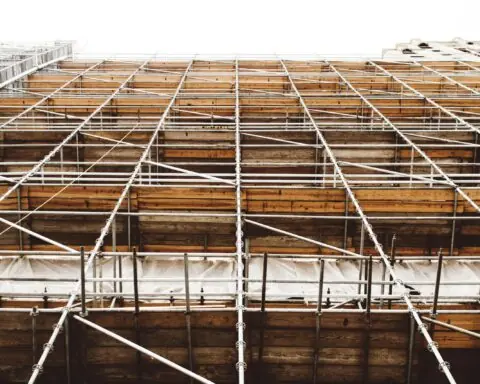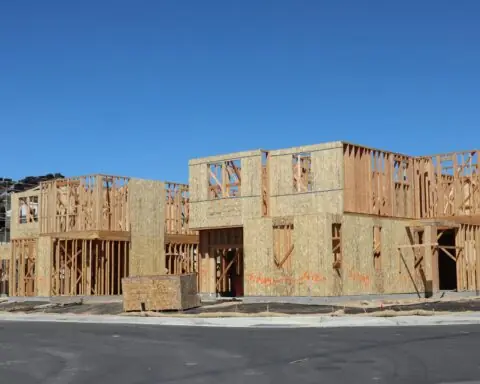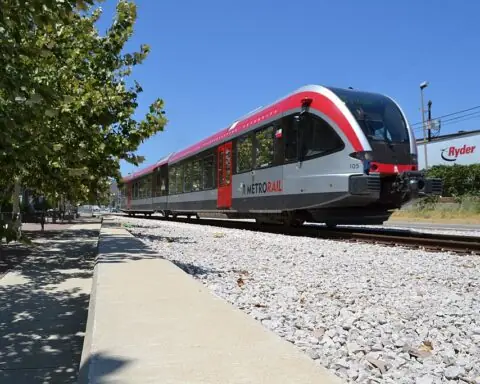Officials at the University of Tennessee Health Science Center (UTHSC) have received authorization to build a $350 million College of Medicine and Interdisciplinary Building in Memphis. Project officials anticipate construction on the new facility in early 2028, following the design stage.
The facility – estimated to cover 275,000 gross square feet of space – will be an important step forward in bringing the college’s quality of learning spaces and amenities up to standard. The existing Madison complex buildings that house the College of Medicine are severely outdated and reaching the end of their useful service life. The structures lack sufficient space for modern educational and clinical training needs, do not support interdisciplinary collaboration and lack a centralized home for the institution’s schools.
The project will provide the UTHSC College of Medicine with a facility aligned with the system’s goal to modernize the Memphis-based campus. The initiative will remove outdated buildings and replace them with purpose-built spaces supporting interdisciplinary education and larger class sizes. The completed building will centralize and house the College of Medicine’s learner-centric medical and health science programs.
The building will feature flexible classrooms, faculty offices, formal and informal collaboration spaces and support spaces. These include a lobby, wellness rooms and learner study/collaboration areas. Additional amenities will feature a media and recording room, an interview and seminar space and lockers. Academic spaces will involve a selection of multipurpose spaces, medium and large classrooms, group rooms and support spaces.
Notably, the building will separate students into “houses” – small support groups with assigned mentors and resources – with dedicated spaces. These areas will promote an informal approach to learning emphasizing comfort and collaboration and will include space for food storage and food preparation.
To support interdisciplinary studies, students will have access to specialized areas tailored to support digital health and innovation as well as specialty simulation spaces. These will include a computational and visualization suite, a technology innovation lab, bioprinting labs, a health incubator, immersive sandbox simulators, a mobile health lab and additional studio and storage space.
University employees will be provided with both enclosed and open office spaces alongside shared workspaces. Shared spaces will include a reception and waiting room, meeting rooms, break areas, hotel rooms and touchdown space, informal collaboration zones and storage and support spaces. Additional areas will be allocated for logistics, building support and various systems, including building infrastructure and MEPFP systems.
University officials will provide updates on the project through the design and development process. Construction is currently slated for January 2028.
Photo by Volker Braun from Pexels













